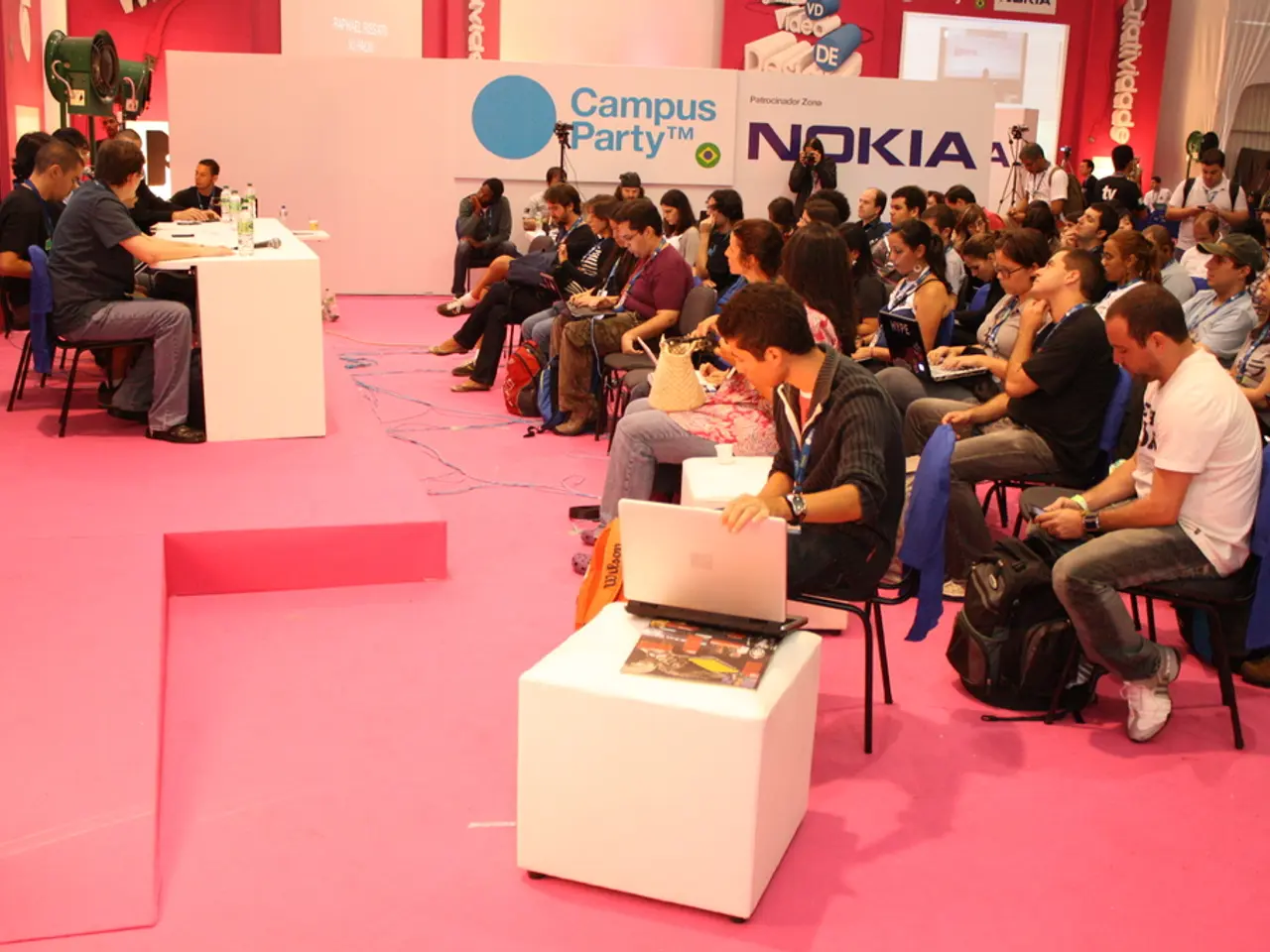Merger between A-Rod's SPAC and Lynk Fails, Ending Long-Standing Agreement
In a significant turn of events, Slam Corp., the special purpose acquisition company (SPAC) led by former baseball star Alex "A-Rod" Rodriguez, has mutually terminated its merger with Lynk Global. The announcement was made in July 2025, following ongoing legal disputes and delays that hindered the completion of the deal, which was initially announced in late 2023 and formalized in early 2024.
The termination was a result of unresolved disagreements, legal challenges, missed deadlines, and a mutual decision that continuing the merger was no longer viable. Slam Corp. had accused Lynk Global of slow-walking the merger, allegedly in an attempt to force the deal to fail. However, both parties settled all claims and counterclaims in the Delaware court.
One of the key reasons for the termination was the legal challenges that arose during the merger process. Slam Corp. filed a lawsuit in June 2025 alleging that Lynk breached merger terms and failed to act in good faith. Lynk, on the other hand, called these claims baseless. Despite the litigation, both parties eventually reached a settlement.
The merger had experienced multiple postponements and growing uncertainty about closing, with a termination date initially set for June 30, 2025, which was missed. The delays and complications that arose during the merger process led to a mutual decision to terminate the deal.
Lynk Global stated that it is better positioned to pursue broader strategic and commercial opportunities without the constraints of the agreement, focusing on its satellite direct-to-device connectivity mission. As part of the termination, Lynk agreed to make a deferred payment to Slam, though less than Slam’s liabilities, reflecting a negotiated financial settlement.
Slam Corp., which was formed in 2021 to pursue the acquisition of a sports, media, entertainment, or health and wellness-related business, had raised $575 million in 2022, anticipating taking Lynk Global public. However, the deal ultimately did not proceed due to these issues.
The outlook for Slam Corp. itself is uncertain due to the current shareholder situation. Slam Corp. currently has approximately 15.5 million shares, according to a June filing. The value of Slam's liabilities remains at approximately $612 million, mainly due to warrants issued as part of its IPO and efforts to retain investors. These shares are worth about $179 million, significantly less than the $575 million in publicly traded shares Slam had shortly after its IPO. Many Slam investors have redeemed their shares for cash over time.
The market for SPAC business combinations soon fell into a prolonged slump after most of the deals turned out to be terrible for shareholders. Slam Corp. was part of a wave of blank-check businesses associated with sports figures and seeking sports properties, inspired by the success of DraftKings' merger with a SPAC.
Despite the termination of the merger, Rodriguez and Slam Corp. continue their pursuit of acquiring a sports, media, entertainment, or health and wellness-related business. The termination was mutually acceptable and completed as part of a settlement of related litigation in the Delaware Court of Chancery.
- Slam Corp., in its pursuit for a sports, media, entertainment, or health and wellness-related business, will now focus on investing in a new venture, as the merger with Lynk Global was terminated due to unresolved legal disputes and missed deadlines.
- With the settlement of the terminated merger with Lynk Global and the subsequent legal disputes, Slam Corp. faces an uncertain future in the finance arena, as its liabilities now exceed the value of its shares and the market for SPAC business combinations has slowed significantly.




